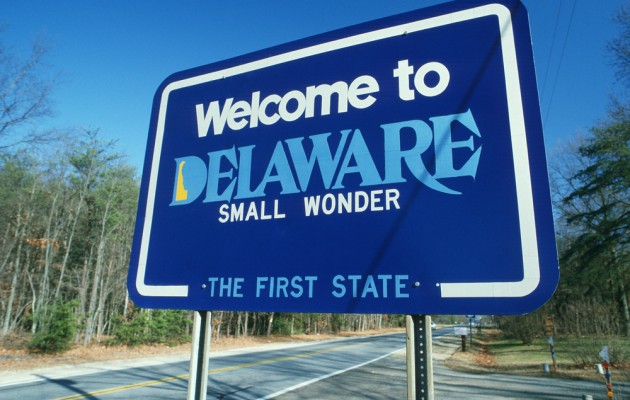The Delaware online poker economy enjoyed a record-breaking July, according to the state’s latest revenue report. Despite the summer months typically being less lucrative for online operators, the Diamond State’s three sites earned a combined $281,000 profit for the month of July, from total dollars wagered of$6.6 million.

That figure represents a $139,000 increase compared to the same period in 2015, and $109,000 more than in July 2014. As ever, video lottery revenue led the way, with a total haul worth $161,000, while poker raked the least cash at $33,000.
But even though poker remains the least profitable iGaming entity in the state, July 2016’s result was still $5,000 more than for the same period last year.
And yet, these figures are still well below the level many would have hoped when Delaware first regulated online gaming in 2012.
Positive Run for Delaware Poker
June 2016 saw the online operations of Delaware Park, Harrington Raceway, and Dover Downs scoop $304,874. That haul was the third month in a row that Delaware’s revenue sheet had recorded such highs and, although July couldn’t make a fourth, the positive momentum is clearly there.
In fact, when you breakdown the numbers even further, Delaware is performing relatively well for such a small state. According to the latest stats, Delaware has a population of approximately 935,000, of which roughly 815,000 are 21+ years old.
Looking at the figure in light of Delaware’s latest iGaming revenue report, the average casino profit per citizen of legal age is $345.
David and Goliath
However, as encouraging as this figure is, it pales in comparison to New Jersey.
If you measure Delaware against the Garden State, the latter is significantly more lucrative. Of New Jersey’s 8.9 million residents, 7.7 million are aged over 21 and permitted to gamble online, which is almost 10 times that of Delaware.
Dividing July’s $17.9 million revenue by its gambling population reveals that the average casino win is $2,324 per head in the Garden State. This discrepancy in revenue and average spend is yet another reason why liquidity sharing is essential if industry is to thrive.
Although we’re still a long way from having a nation full of regulated markets that could share players and resources, the current model seems to suggest that only the larger regions will survive. And while that might be a natural consequence of the state-by-state model, it doesn’t mean that it’s good for players.
If smaller states struggle to generate revenue, while operators decide to close their sites and focus solely on the larger states, it could mean millions of Americans are unable to play online. For now this isn’t much of an issue, but as more states regulate the industry, there’s a possibility that some citizens could be left with few or no places to play online in the future.


